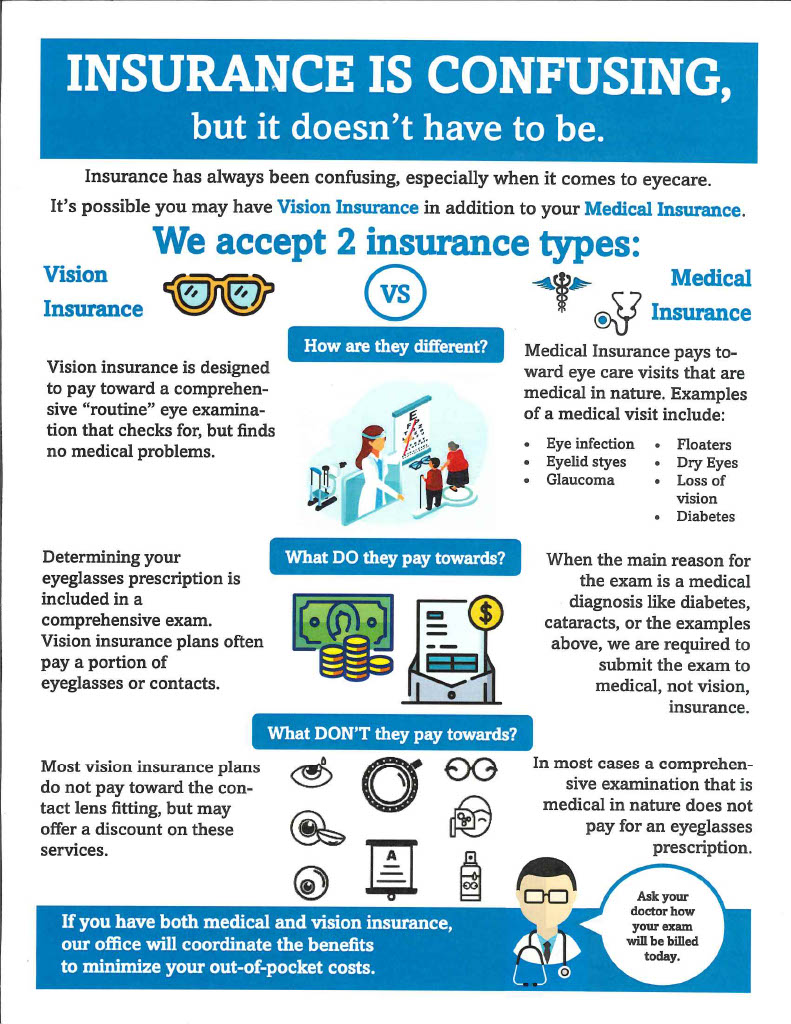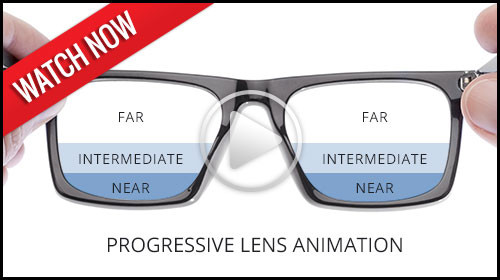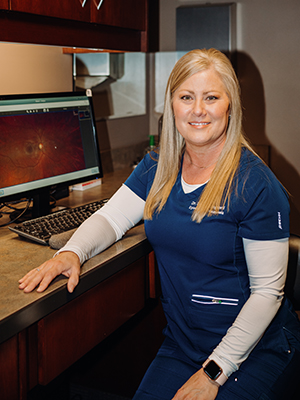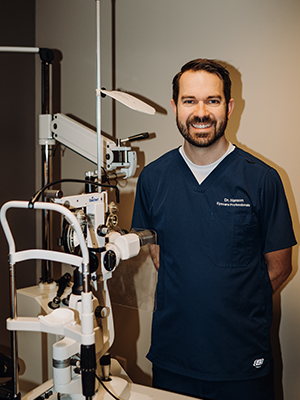IMPORTANT INFORMATION REGARDING YOUR INSURANCE AND HOW EYECARE PROFESSIONALS MAY PROCESS YOUR FUTURE CLAIMS.
At Eyecare Professionals, we pride ourselves on providing the best care for our patients in a timely and effective manner. Many of our patients have insurance benefits. Our clinic accepts two types: medical and vision. We want to make you aware of how these benefits are designed to work and what to expect when you trust us with your eye health.
Vision insurance is billed for exams that are routine in nature, where your doctor looks for, but finds no ocular health problems. For example, an update to eyewear or contact lens prescriptions would be considered routine in nature.
Medical insurance benefits are used for any visits that are medical in nature. This means if you are coming in for your annual exam, and you have previously been diagnosed with a medical eye condition, such as diabetes, cataracts, or glaucoma, we will bill your medical insurance for the exam. If you come in for a routine exam and the doctor discovers an eye health problem, this may change the type of exam from "routine" to medical, or the doctor may have you back for a medical follow-up visit. The cost of the exam will be subject to your deductibles and copays for your medical insurance. We will still coordinate your benefits with your vision insurance to cover the cost of checking your glasses prescription, which medical insurance does not typically pay for, and to help with the cost of glasses or contacts.
- Why is this change necessary?
We have updated our policies to comply with insurance requirements.
- What’s the difference between a “routine” eye exam and a “medical” eye exam?
While the examination content and technique is similar, medical diagnoses require more extensive examination, more knowledge, and more risk. Medical exams often require additional testing.
- How do I know if my exam is going to be billed medically?
If your doctor has diagnosed cataracts, glaucoma or another eye health disorder, or if you have diabetes, your exam will be billed medically. Sometimes a problem like blurred vision is due to a change in glasses prescription, but sometimes it is due to an eye health problem. Ultimately, the doctor is the one who determines how the exam is billed.
- What if I have Medicare?
For most patients with Medicare, expect to have your health insurance billed as the primary.
If you have vision insurance benefits in addition to Medicare, the vision insurance benefits will help with the cost of glasses or contacts and will help cover the cost of refraction, which medical insurance typically does not cover. For some patients who have a medical diagnosis and do not get glasses every year, vision insurance benefits might not be worth the premium paid.
Our staff is always happy to answer any questions you may have at (308)384-0220.
We look forward to seeing you at your next appointment as we continue providing you with the highest quality of care.












